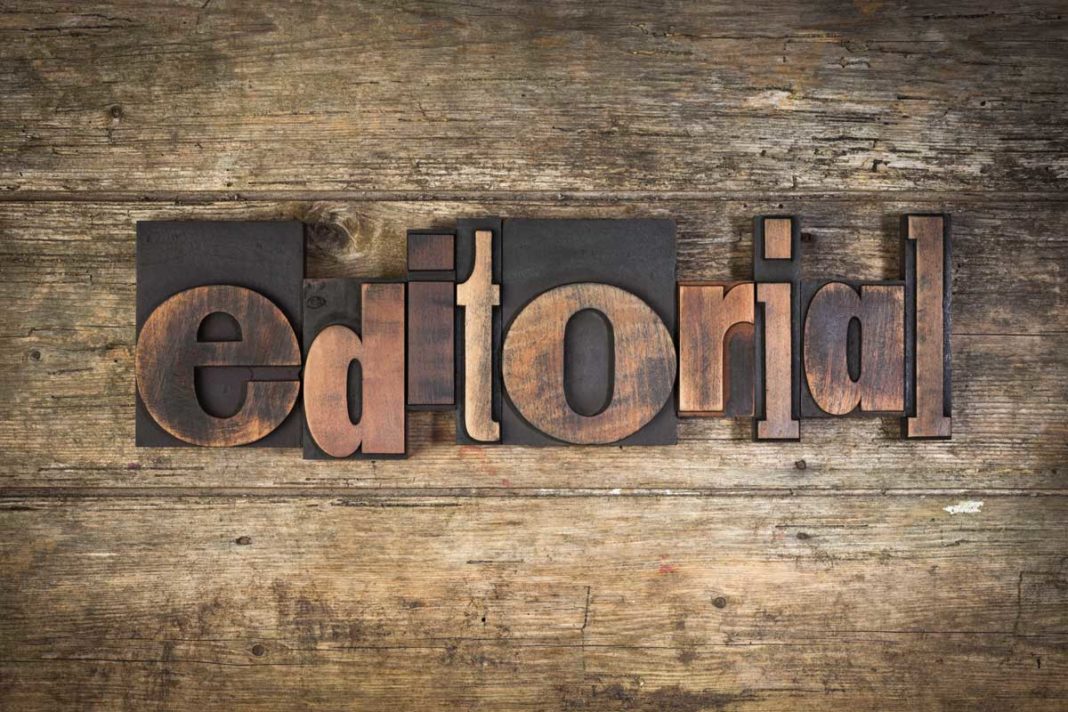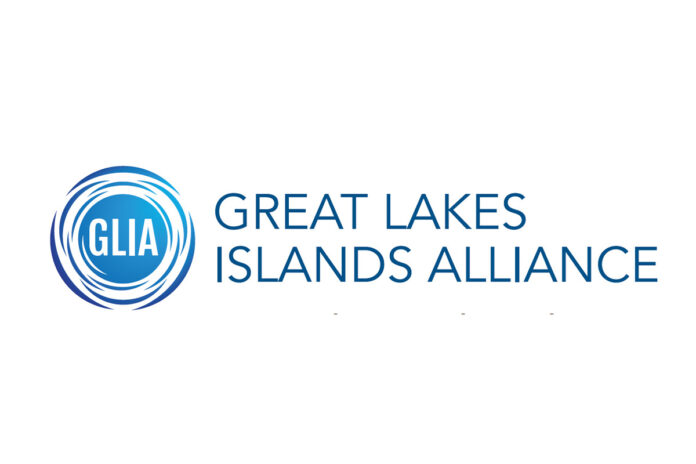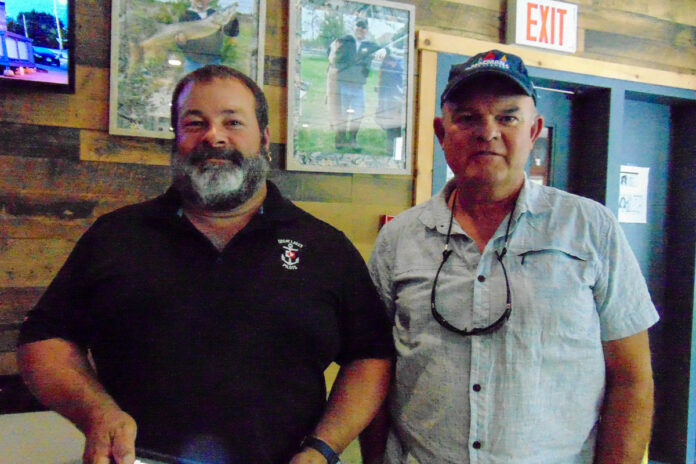Apparently, most Canadians think our nation is “broken.” This odd assessment of the state of the nation that has recently captured top spot in most folks across the globe’s “most desired destination” speaks volumes to our lack of perspective. If Canada is indeed “broken” then what does that say for the rest of the globe.
The challenges that are besetting our land and its people are legion—that much is true. Housing shortages, inflation that is just now coming under control, interest rates that are hammering one of the most indebted peoples of the world (we do love to live above our means it seems), having to come to terms with a past that is less than admirable, especially when it comes to our interactions with the Indigenous inhabitants who welcomed many of our ancestors to these shores and what is, for many, unsettling accommodations to diversity vilified (most notably south of the border) under the label “woke.”
For the record, woke is not broke.
This widely held perception that our country is broken and headed in the wrong direction flies in the face of reality.
According to Berkshire Hathaway Travel Protection’s Safest Destinations Report 2024, Canada secured the top position as one of the safest countries in the world for travellers, a significant jump from its sixth-place ranking in 2023. We are moving on up.
In the Worldwide Press Freedom Index published by Reporters Without Borders, Canada ranked 14th out of 180 countries in 2024, up one spot from 15th in 2023 and from 19th in 2022. In a time of increasing assaults on freedoms of the press and enduring an avalanche of political spin, misinformation and misdirection, this is also a very good sign.
Our country may be struggling with health care issues (a provincial responsibility, not federal as the provinces like to remind us when they are not blaming the feds) but we also boast the fourth best hospital in the world.
We rank 15 out of 143 countries ranked by The Gallup World Poll on a three-year scale (averaged through 2021 to 2023) among the happiest people in the world—and second out of the G7 nations.
In quality of life, we rank 30 out of 87.
Our economy is still rattling from the impacts of the recession and the final arrival of the Boomer retirement tsunami, but despite those challenges, we are projected to post the highest growth in the G20 next year.
Lately, the assaults on the federal government by the provincial leaders have joined the US Congress and The Donald Who Would Be King in castigating Canada for not hitting a notional two percent of GDP spent on defence. But polls of the Canadian electorate have consistently put defence spending well down on the average Canadian’s grocery list—oh don’t get us started on groceries. When it comes to guns or butter, we have all contributed to that bit of brokenness, now we are mad because our federal political leaders did what we asked of them.
To be clear, this newspaper has lamented our nation’s parsimony when it comes to defence spending for literally decades, arguing that a strong military alliance is vital to maintaining world peace in our times. But according to every poll since the end of the Korean War, health care, child care, pharmacare and a host of other social concerns were Canadians’ priorities. Somewhere in there, saving the environment also tops defence in our priorities—and given the existential threat posed by an overheating planet that spending might well be thought of as “defence.”
For several years now we have been literally bombarded by a steady diet of negativity, the vast bulk of it aimed at the federal government. Even though much of the angst aimed at such things as vaccine mandates, masking, housing shortages (no immigrants are not causing the shortage—even if adding slightly to the pressure) lie in the provincial bailiwick. Deflection on the federal government may have been a sport that may have been invented by Quebec premiers of all stripes, but that ball is being tossed about by provinces of all partisan flavours these days.
Yes, the federal Liberals have made some mistakes over the years they have been in power. But in the words of former Canadian Prime Minister Jean Chretien, “The Land it is Strong.”
All things are relative, and our nation’s current state is no exception. Taken in a global perspective Canada is most definitely not “broken” and although “sunny ways” have certainly taken a heavy beating from the realpolitik of governance—we still honour “peace, order and good government” in our constitution.
Canada is not broken. Over the next year it behooves us all to kick the tires of any career politician who tries to tell us it is. As a nation we need to stop beating ourselves up over what needs to be done and get to work doing it. Telling us there are problems is not the same as offering solutions. Stoking anger and resentment might get a government elected, but those are dangerous tools that inevitably come back to bite the wielder.





